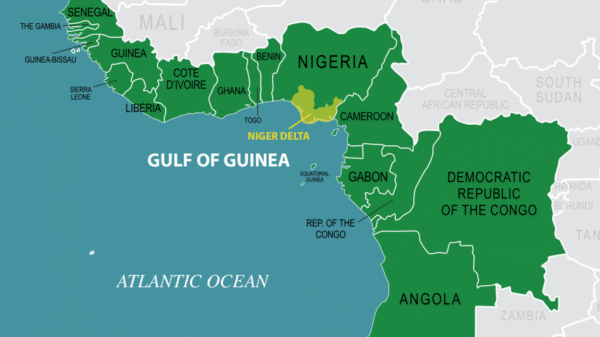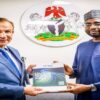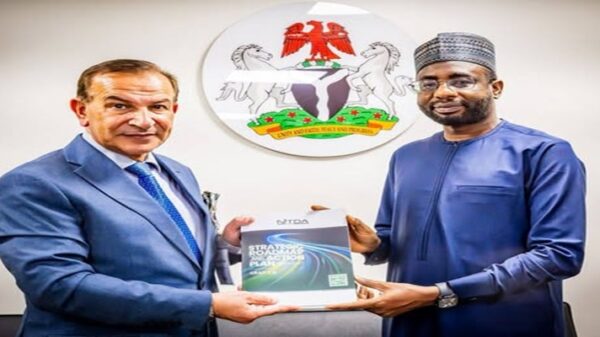As the world celebrates the International Day of Education themed ‘Recover and Revitalize Education for the COVID-19 Generation’, Paradigm Initiative (PIN) calls for digital inclusion of marginalized communities in Africa.
This day was proclaimed by the United Nations General Assembly in recognition of the importance of education as well as the need to ensure everyone has equitable quality education at all levels and access to lifelong learning opportunities that will help them acquire the knowledge and skills necessary to access opportunities, participate fully and contribute meaningfully to the sustainable development of society.
In the United Nations Policy Brief: Education during COVID-19 and beyond, the United Nations highlighted that the COVID-19 pandemic has caused the largest disruption of education in history, having already had a near-universal impact on learners and teachers around the world, from pre-primary to secondary schools, technical and vocational education and training (TVET) institutions, universities, adult learning, and skills development establishments.
Closures of schools and other educational institutions are hampering the provision of essential services to children and communities.
The Policy Brief also states that distance learning in high-income countries covers about 80–85 percent, and drops to less than 50 percent in low-income countries which shortfall can largely be attributed to the digital divide, with the disadvantaged having limited access to basic household services such as electricity; a lack of technology infrastructure; and low levels of digital literacy among students, parents, and teachers.
UNESCO highlighted that many parts of the world have resorted to distance learning and leveraging the use of information and communications technologies.
The answer to resolving the negative impact of the COVID-19 pandemic on education includes access to the internet and technology.
Valery Njiaba – Communications Officer, Paradigm Initiative (PIN) in a statement released on Sunday called for the African States to adhere to Principle 37 of the African Commission on Human and Peoples’ Rights’ Declaration Of Principles On Freedom Of Expression And Access To Information In Africa by adopting laws, policies, and other measures to promote affordable access to the internet for children that equip them with digital literacy skills for online education and safety.
“PIN further urges States to enhance access to education by removing technological barriers and investing in digital infrastructure.
“PIN reminds all African States that education is a fundamental right that enables the enjoyment of other rights such as human dignity, health, and labour.
“As such, ensuring access to education for all is most pertinent. As PIN commemorates this day, it continues to bridge the digital divide through its Life Skills, ICTs, Financial Literacy, and Entrepreneurship (LIFE) training program for underserved youths,” she concluded.
![]()

























































